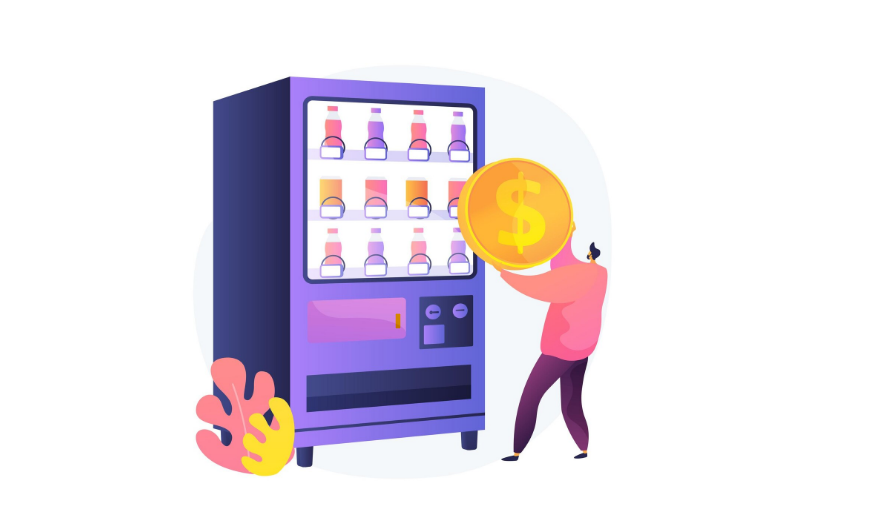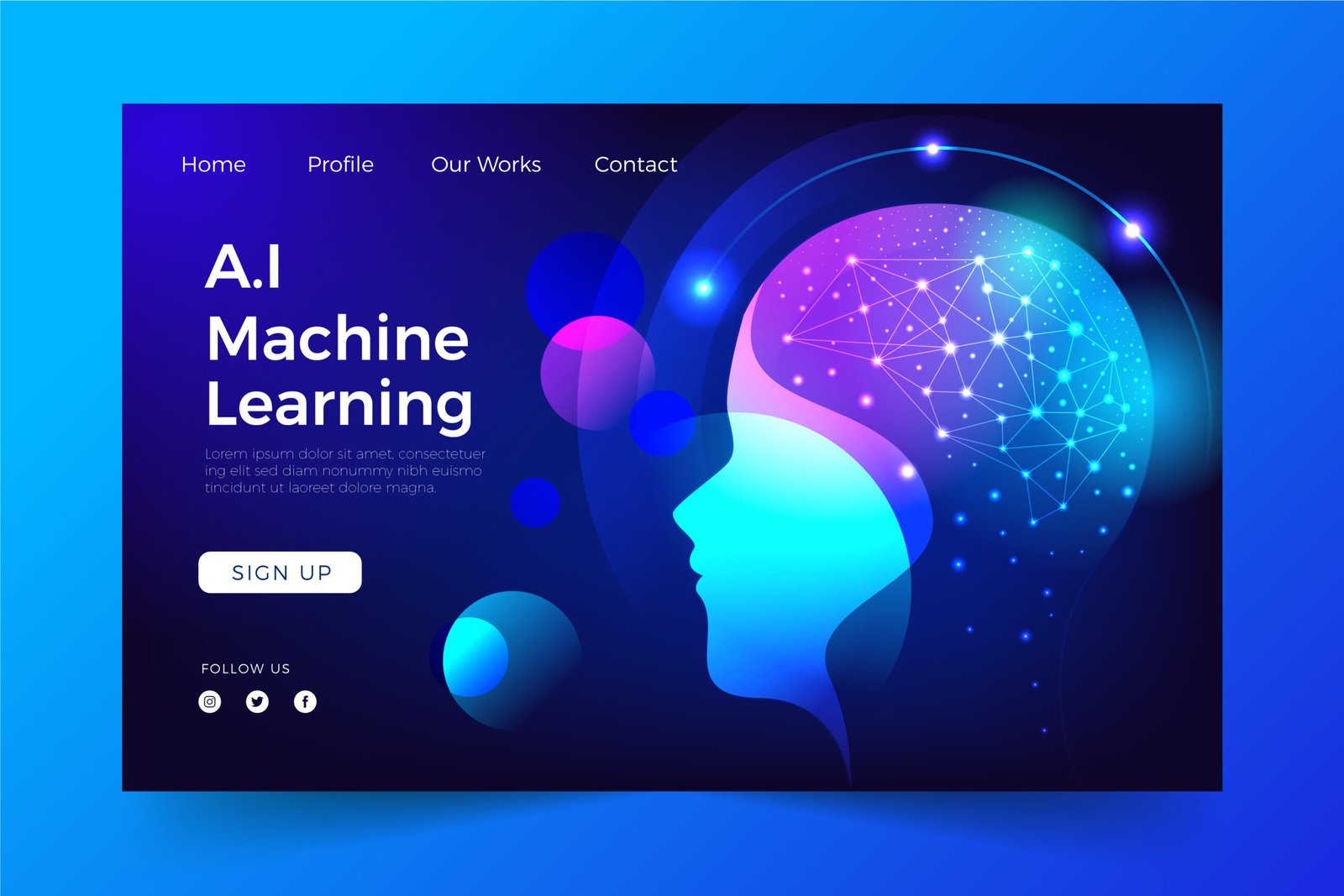In the digital age, businesses are constantly seeking innovative ways to stand out and drive growth. One of the most powerful and underutilized tools in this pursuit is B2B influencer marketing. While influencer marketing is often associated with consumer-facing brands, its benefits for business-to-business (B2B) companies are undeniable. This article explores how B2B influencer marketing can fuel growth, enhance brand visibility, and create impactful connections in the competitive business landscape.
What is B2B Influencer Marketing?
B2B influencer marketing involves partnering with influential individuals within your industry to promote your brand, products, or services to a targeted business audience. These influencers are typically thought leaders, industry experts, consultants, or even high-ranking executives who have a significant following and credibility within the business community.
Unlike traditional B2B marketing tactics, influencer marketing relies on authentic recommendations, endorsements, and content sharing. It capitalizes on the trust that influencers have built with their audience to drive business results. When done right, B2B influencer marketing can generate more qualified leads, increase brand awareness, and build lasting relationships with potential clients.
The Benefits of B2B Influencer Marketing
1. Enhanced Credibility and Trust
In the B2B space, trust is paramount. Decision-makers and executives tend to invest in services and products from companies they trust. Influencers can play a key role in building this trust. By leveraging an influencer’s credibility, businesses can introduce their brand to a wider audience and gain the endorsement of someone already respected in the industry.
For example, when a respected industry expert or consultant shares your product or service, their endorsement provides immediate social proof, making it more likely for other businesses to consider your offerings.
2. Increased Brand Visibility
B2B influencer marketing also provides unparalleled opportunities to increase brand visibility. When influencers share your content or create branded content, they expose your business to their extensive network, which you might not have been able to reach through conventional marketing methods.
This can be especially valuable for small or mid-sized businesses that may have limited marketing budgets. By partnering with the right influencer, even a small business can gain access to a vast pool of potential customers or clients.
3. Access to a Targeted Audience
In B2B marketing, reaching the right audience is crucial. Influencers in your industry have already cultivated a following of like-minded professionals, industry experts, and decision-makers. This allows you to tap into a highly targeted audience that is more likely to engage with your content and convert into customers.
Unlike traditional advertising, which often casts a wide net, B2B influencer marketing ensures that your message reaches the right people, leading to higher engagement and conversion rates.

4. Boost in Thought Leadership
Partnering with an influencer can elevate your business’s status as a thought leader in your industry. When an influencer features your insights or shares your expertise, it positions your company as an authority in the field.
For instance, if you collaborate with an influencer to produce an insightful report or whitepaper, it can help establish your business as a trusted source of knowledge. This not only boosts your brand’s credibility but also increases customer loyalty over time.
How to Implement B2B Influencer Marketing
Now that you understand the benefits, it’s time to explore how you can implement B2B influencer marketing in your business strategy. Here are the steps you can follow to create an impactful and effective campaign:
1. Identify the Right Influencers
Not all influencers are created equal, and not all of them will be the right fit for your business. It’s essential to choose influencers who align with your brand values and target audience. Here’s what to consider when selecting an influencer:
- Industry relevance: Ensure that the influencer has a solid reputation and following within your specific industry or niche.
- Engagement rate: Look for influencers with high engagement rates, meaning their followers actively interact with their content.
- Audience demographics: Choose influencers whose audience matches your target market, whether it’s CEOs, marketing directors, or procurement officers.
For example, if you offer software solutions for eCommerce businesses, partnering with an influencer who specializes in eCommerce marketing would be an ideal choice.
2. Develop a Clear Campaign Strategy
Once you’ve identified the right influencers, it’s important to craft a strategy that outlines your goals, messaging, and expectations. Your campaign strategy should include:
- Objectives: What do you hope to achieve with the influencer partnership? This could include increasing brand awareness, generating leads, or positioning your brand as a thought leader.
- Content type: Will the influencer create blog posts, social media content, videos, or webinars? Clarifying the content format upfront will ensure that both you and the influencer are on the same page.
- KPIs: Define your key performance indicators (KPIs) to track the success of the campaign. This could include metrics like website traffic, lead generation, or social media engagement.
Having a structured strategy will help you measure the success of the campaign and determine its impact on your business growth.
3. Build a Collaborative Relationship

Unlike traditional advertising, B2B influencer marketing is about building a long-term partnership. This means collaborating with influencers on content creation, allowing them to have input and ensuring the messaging resonates with their audience.
Treat influencers as valuable partners rather than just a means to promote your product. By fostering an authentic, mutually beneficial relationship, both parties can achieve greater success.
4. Measure and Optimize Campaigns
After launching your campaign, it’s crucial to track its performance and make adjustments as needed. Use analytics tools to measure the effectiveness of your influencer marketing efforts. Look at engagement metrics, lead generation, and other KPIs to evaluate whether the campaign is meeting your goals.
If you find certain types of content or influencers are more successful, you can adjust your strategy to maximize results. Constant optimization is key to getting the most out of your B2B influencer marketing campaigns.
Case Study: How SAP Leveraged B2B Influencer Marketing
One example of successful B2B influencer marketing is the partnership between SAP, a global leader in enterprise software, and influential thought leaders in the tech space. SAP wanted to increase its reach within the small and mid-sized business sector.
SAP identified key industry influencers with strong credibility among business owners and tech enthusiasts. They collaborated on creating engaging content such as blog posts, webinars, and case studies that highlighted SAP’s software solutions and how they can help businesses streamline their operations.
The result? SAP saw a significant increase in brand awareness, and more importantly, they attracted a substantial number of leads from their target demographic. This partnership helped SAP boost its credibility and influence in the SMB market, proving the power of B2B influencer marketing.
Best Practices for Success in B2B Influencer Marketing
To ensure your B2B influencer marketing campaign is successful, here are a few best practices:
- Authenticity is key: Ensure that the influencer’s endorsement feels natural and genuine. Audiences can quickly detect inauthentic collaborations, which can backfire.
- Focus on education: B2B influencer marketing is often more effective when the content focuses on educating the audience rather than pushing products. Provide value to your target audience through insightful information.
- Stay consistent: Consistent collaborations with influencers will help strengthen your relationship with their audience over time, ensuring that your brand stays top of mind.
Transform Your B2B Growth with Influencer Marketing
B2B influencer marketing is an incredibly effective strategy for growing your business, increasing brand visibility, and establishing trust within your industry. By partnering with influencers who have the credibility and reach to engage your target audience, you can unlock new opportunities for growth. Whether you’re looking to generate leads, position your business as a thought leader, or increase brand awareness, B2B influencer marketing can be a game-changer.
So, if you haven’t already explored the potential of influencer marketing for your business, now is the time to unleash its power.





